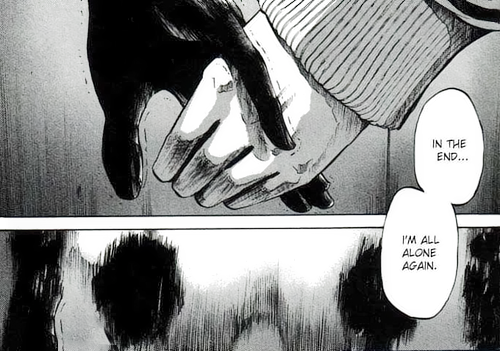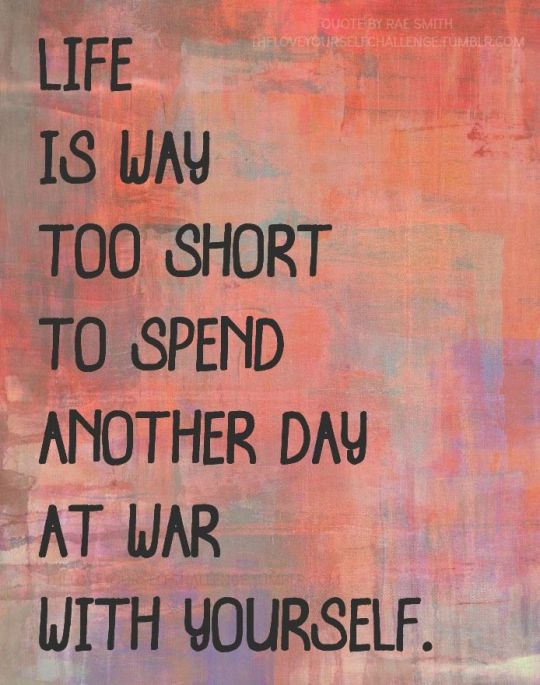Don't wanna be here? Send us removal request.
Photo

#szomorú#vasárnap#gloomy sunday#utolsó vasárnap#seress rezső#öngyilkos#himnusz#magyar#hungary#hungarian#zene#dalszöveg#sír#halál#bánat#könny#koporsó#gyász#music#movie#virág#pap#szem#megható#black#fekete#gyönyörű
82 notes
·
View notes
Text
How to Overcome Emotional Numbness
Emotional numbness is where we experience mild to severe feelings of detachment – so it’s hard for us to access normal feelings any more. This includes both negative and positive emotions as you can’t decide to shut just one feeling off. Common causes of emotional numbness include different stresses or traumas … from receiving bad news … to being in an accident … to recovering from the death of someone close … to a relationship breakup … to feeling deeply humiliated or ashamed. So how do you overcome emotional numbness and live with emotional integrity again?
1. The first thing to do is to choose to respect and allow all emotions – no matter what they are. Also, try and grasp the fact that suppressing your emotions will likely lead to heartache and problems later on (as they’ll possibly resurface at inappropriate times.)
2. Try and understand that feelings and actions are two very different, and unrelated, things. That is, you can still feel angry without becoming violent – so don’t assume your feelings will affect your actions, too.
3. Try to figure out the message behind intense emotions. Are you angry because you’ve been hurt, used or abused? Are you sad because deep down you feel that you’ll never find true love - as you can’t believe that anyone will love you for yourself?
4. Take that risk – and find the courage to ask someone for help. If you’re honest with yourself, you’ll know that there are those who genuinely love you like – like a true and caring friend. The important thing is not to try and isolate yourself, and to make the extra effort to prioritise self-care. You need other people to help you work through this.
5. Seek professional help if the symptoms persist. There are excellent counsellors and therapists out there who have the training and skills to help you to get free – so you can live a more fulfilling and normal, healthy life.
6. Be patient within yourself. It’s likely to take time – as you will need to learn to trust, and take some barriers down, so you can be yourself again (and that is often hard to do when you’ve experience hurt and pain).
42K notes
·
View notes

























